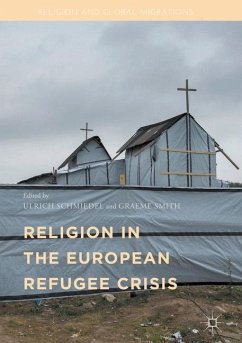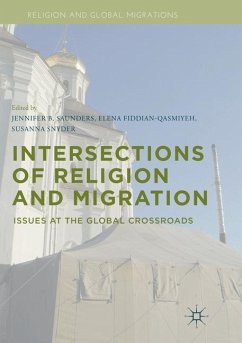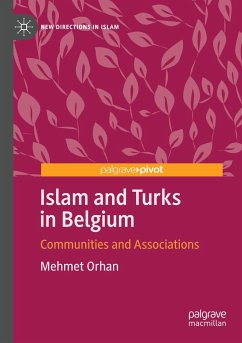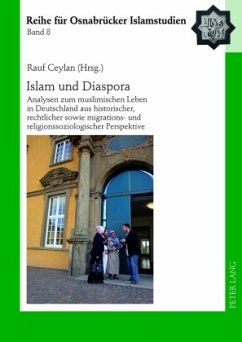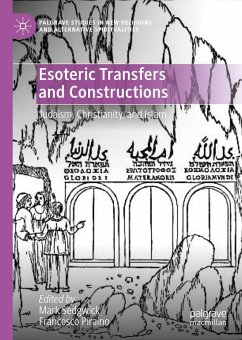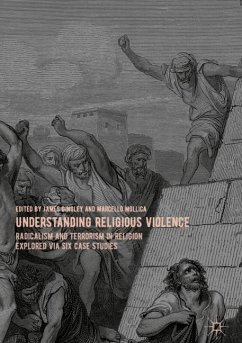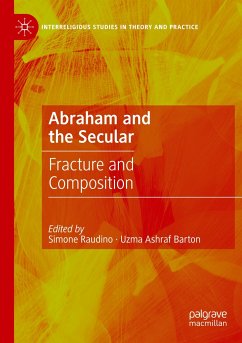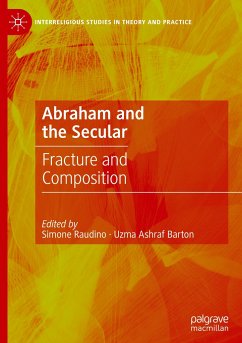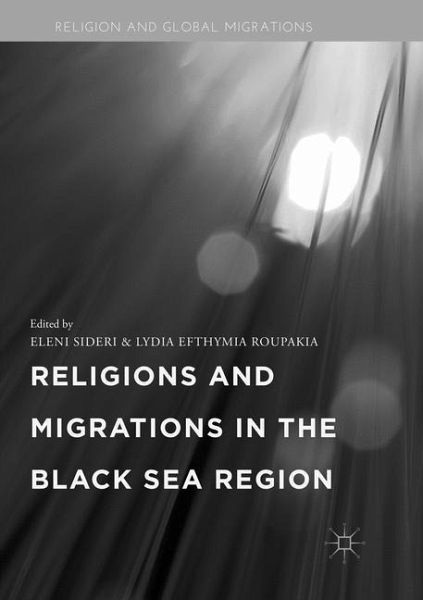
Religions and Migrations in the Black Sea Region
Versandkostenfrei!
Versandfertig in 6-10 Tagen
83,99 €
inkl. MwSt.

PAYBACK Punkte
42 °P sammeln!
This book focuses on the interconnections of religion and migration in the Black Sea region through case studies that explore shifting identities, community, and national boundaries, as well as social practices and networks. During the past few decades the Black Sea has been transformed from a largely closed region, due to the Cold War, to a bridge for human, economic, and cultural capital flows. As the region opened up, understandings and practices of religion were re-signified due to new and diverse mobilities and resettlements. This volume addresses and responds to the current scarcity of a...
This book focuses on the interconnections of religion and migration in the Black Sea region through case studies that explore shifting identities, community, and national boundaries, as well as social practices and networks.
During the past few decades the Black Sea has been transformed from a largely closed region, due to the Cold War, to a bridge for human, economic, and cultural capital flows. As the region opened up, understandings and practices of religion were re-signified due to new and diverse mobilities and resettlements. This volume addresses and responds to the current scarcity of academic research on the repercussion of political reform, migration, and modernization in the areas surrounding the Black Sea. Contributors uncover and examine the pivotal role of religion in current cultural contestations taking place in this strategic region. Engaging with a wide range of case studies, the book offers a fresh, comparative examination of migration as it relates to different countries and religious groups in the region.
During the past few decades the Black Sea has been transformed from a largely closed region, due to the Cold War, to a bridge for human, economic, and cultural capital flows. As the region opened up, understandings and practices of religion were re-signified due to new and diverse mobilities and resettlements. This volume addresses and responds to the current scarcity of academic research on the repercussion of political reform, migration, and modernization in the areas surrounding the Black Sea. Contributors uncover and examine the pivotal role of religion in current cultural contestations taking place in this strategic region. Engaging with a wide range of case studies, the book offers a fresh, comparative examination of migration as it relates to different countries and religious groups in the region.





